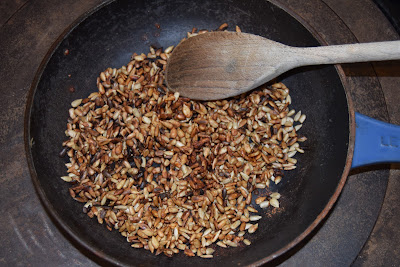30/ Mondegreen
“I had been
twenty-six years old before realising that there were, in fact, six senses:
sight, hearing, touch, smell, taste and dress.” In her chronicle of AdrianMole, Sue Townsend demonstrates a marvellous sense of humour in all its wondrous
manifestations from affectionates, satire, and gentle irony, to end-of-pier bawdy, to razor sharp wit.
One form of
humour that I haven’t come across in Sue Townsend’s writings, and of which I am
particularly fond, is the mondegreen.
The story of how the mondegreen was discovered is well-known, but it
bears repetition. The term comes
from an old song which tells of the fate of the Earl of Moray, “They slew the
Earl of Moray and laid him on the green.”
This line of verse was commonly misheard as, “They slew the Earl of Moray
and Lady Mondegreen.” It is the
unconscious, plausible dislocation of the mishearing that provides its charming
silliness. A common example comes
from the Christmas song, ’Rudolf the Red-nosed Reindeer’. In place of “All of the other
reindeer”, a companion for Rudolf is imagined, “Olive, the other reindeer”.
When I was young
it was the fashion to teach by rote.
At primary school my Math class would chant the times table. The
Religion class would chant the Lord’s Prayer. For a year or so, I believed “Hallowed be Thy name” was
properly “Hollowhead be Thy name”.
The form
also has been knowingly used by some song writers. My mother was fond of singing us the nonsensical refrain of
an old War time song, ‘Mairzy Doats’.
The stanzas of this lyric are deliberately written as a mondegreen. “Mairzy doats and dozy doats and liddle lamzy divey A kiddley divey too, wooden
shoe.’’ Translated (if you need it !), “Mares eat oats and does eat oats and little lambs eat ivy. A kid'll eat ivy, too; wouldn't you?’’ It’s only after all these years that
the meaning has been made clear to me.
I think I preferred living in blissful ignorance.
 |
| © Benóg Brady Bates |
Useful Resources:
